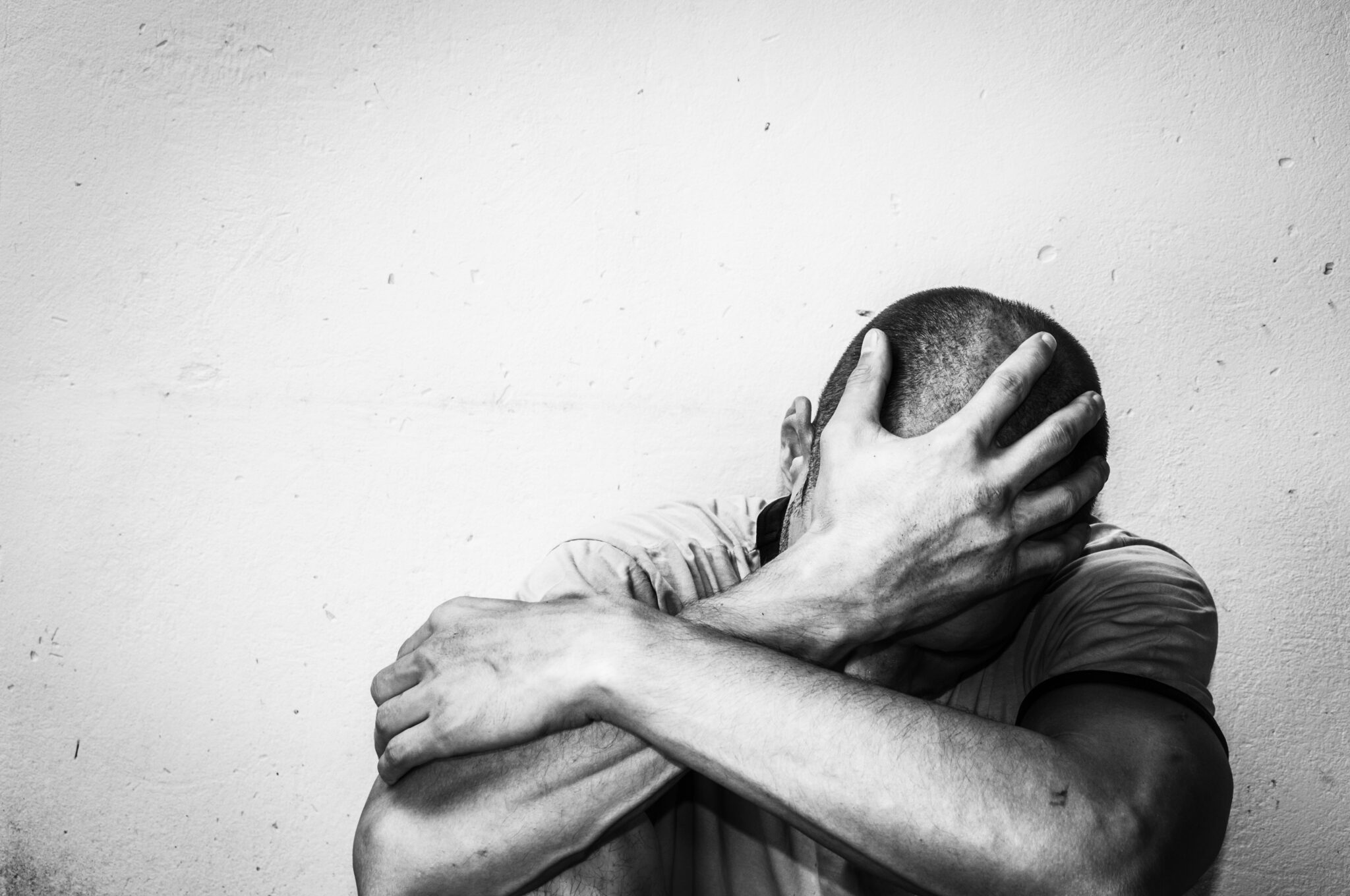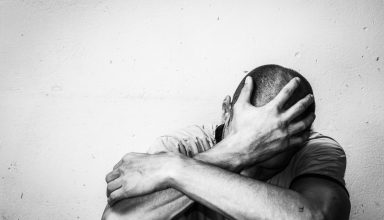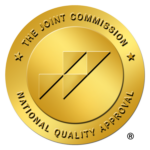Cocaine, a powerful and addictive stimulant drug, has long been a source of concern due to its profound impact on both physical health and mental well-being. Understanding the signs and symptoms of cocaine addiction is crucial for early intervention and effective treatment. In this post, we delve into the key indicators that suggest someone might be struggling with cocaine addiction.
What Is Cocaine?
Cocaine is a powerful and illegal stimulant drug derived from the leaves of the coca plant, which is native to South America. It is used for its intense euphoric effects and has a high potential for addiction and abuse. Cocaine is often snorted in powder form, but it can also be injected or smoked when processed into a form known as crack cocaine. The drug works by increasing the levels of dopamine, a neurotransmitter associated with pleasure and reward, in brain circuits.
The effects of cocaine include a short-lived but intense high characterized by feelings of happiness, energy, and increased alertness. However, these effects are accompanied by significant risks, including heart attack, stroke, seizure, and mental health issues like anxiety, paranoia, and aggression. Long-term use can lead to a range of serious health problems, including addiction, which is characterized by compulsive drug seeking and use despite harmful consequences.
Cocaine use is illegal in most parts of the world and is classified as a Schedule II drug in the United States, indicating a high potential for abuse and limited medical use.
Signs And Symptoms Of Cocaine Addiction
Cocaine addiction is a chronic and often relapsing disorder characterized by a compulsive need to seek and use cocaine, despite the negative consequences it can have on an individual’s health, social life, and overall functioning. It’s considered a brain disorder because cocaine alters the brain’s structure and function, especially in areas related to reward, motivation, and memory. Understanding the signs and symptoms of cocaine addiction is crucial to getting the help one needs to overcome it.
Physical Symptoms
Cocaine addiction manifests through several physical symptoms, which can range from subtle to severe. Some of the most common physical signs include:
- Increased Energy and Alertness: Initially, cocaine use leads to heightened energy and alertness. However, these effects are short-lived and often followed by extreme fatigue.
- Dilated Pupils: A notable sign of recent cocaine use is dilated pupils, which occur due to the drug’s stimulant effects on the body.
- Nasal Issues: Regular snorting of cocaine can cause frequent nosebleeds, runny nose, or nasal congestion. Over time, it can lead to more serious conditions like a deviated septum.
- Weight Loss: Cocaine suppresses appetite, often leading to significant weight loss and malnutrition in chronic users.
- Physical Deterioration: With prolonged use, individuals may exhibit a general deterioration in physical appearance, including poor skin health and dental problems.
Behavioral Symptoms
Behavioral changes are often the most telling signs of addiction. Cocaine addiction can lead to:
- Increased Risk-Taking: Cocaine use is associated with risk-taking behaviors, including driving under the influence or engaging in unsafe sexual practices.
- Mood Swings: Users may experience intense mood swings, ranging from euphoria during use to irritability and depression during withdrawal periods.
- Social Withdrawal: As addiction progresses, individuals may withdraw from family, friends, and social activities, often to hide their drug use.
- Financial Difficulties: Maintaining a cocaine habit can be expensive, leading to unexplained financial problems or even illegal activities to fund the addiction.
- Neglect of Responsibilities: A decline in performance at work or school and neglect of personal responsibilities are common as addiction takes precedence.
Psychological Symptoms
Cocaine addiction also has profound psychological effects:
- Paranoia and Anxiety: Chronic use can lead to heightened paranoia, anxiety, and in some cases, hallucinations.
- Dependence and Tolerance: Over time, users develop a tolerance, requiring more of the drug to achieve the same effects, leading to a cycle of dependence.
- Withdrawal Symptoms: Symptoms such as fatigue, depression, increased appetite, insomnia, and vivid, unpleasant dreams can occur when the drug use is stopped.
Cocaine Addiction Treatment
Treating cocaine addiction involves a multifaceted approach, typically combining behavioral therapies, support groups, and in some cases, medication. It’s important to note that each person’s journey to recovery is unique, and treatment plans should be tailored to individual needs.
Normally, the first step regarding cocaine addiction treatment is an inpatient drug rehab program. These provide intensive, round-the-clock care and are suitable for those with severe addiction or co-occurring disorders.
The next step in the process is an outpatient rehab program which helps individuals transition back into daily living. These treatment programs allow individuals to live at home and maintain a regular schedule, attending treatment sessions at a facility.
Recovery from cocaine addiction is a challenging but achievable goal. It often requires a combination of professional help, support from loved ones, and personal commitment to change. If you or someone you know is struggling with cocaine addiction, it’s important to seek professional help to explore the most effective treatment options.
Find Cocaine Addiction Treatment In Marlton NJ
Recognizing the signs and symptoms of cocaine addiction is the first step toward seeking help. If you or someone you know is exhibiting these symptoms, it’s important to approach the situation with empathy and seek professional assistance. Remember, addiction is a medical condition, and with the right support and treatment, recovery is possible. It’s never too late to take the first step towards a healthier, cocaine-free life. Full Of Life Recovery Center provides a specific cocaine addiction treatment program that addresses the underlying causes of the addiction. This ensures that our clients build the foundation they need to achieve long-term recovery. To learn more about our programs and how we can help contact our admissions team today.





